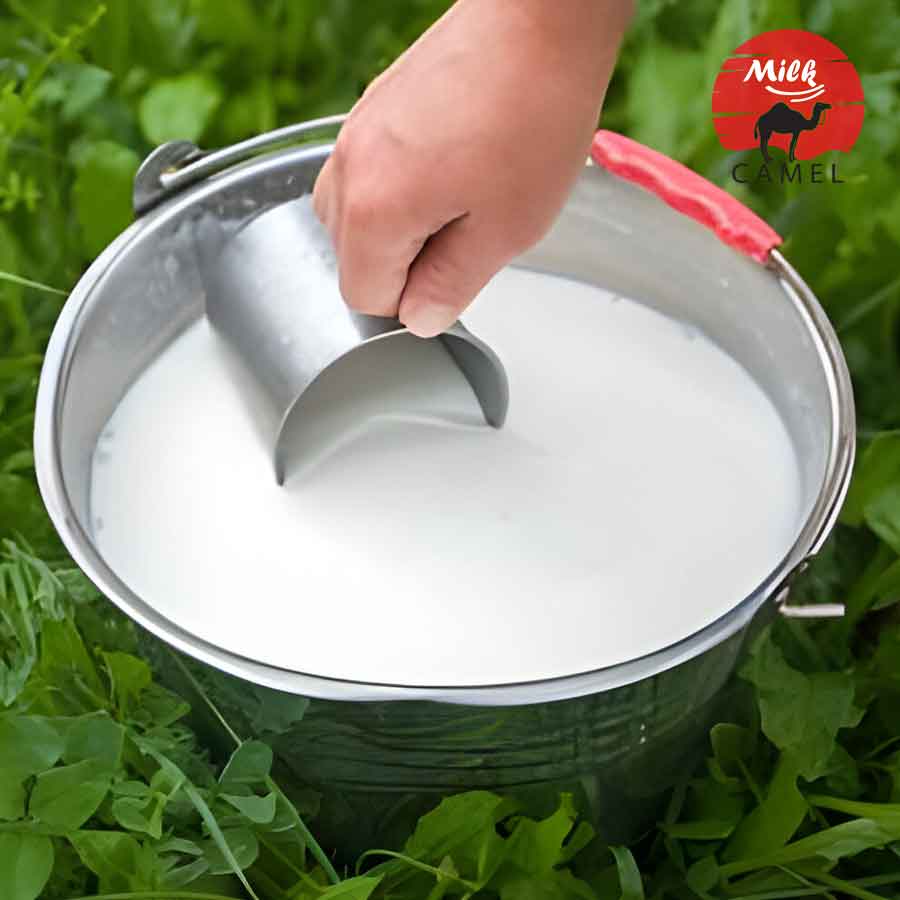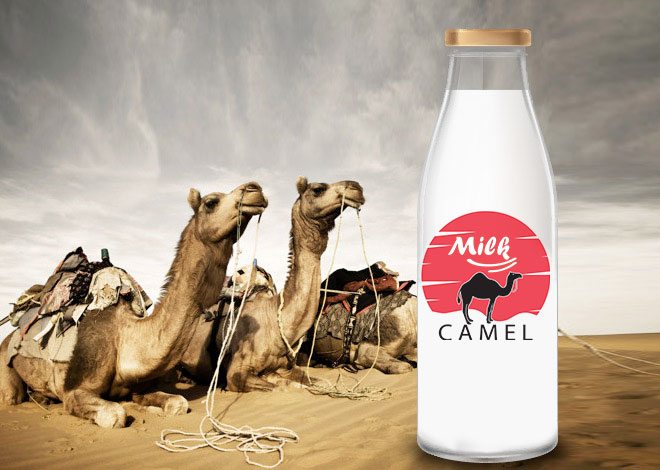Menu
Eczema and psoriasis are chronic inflammatory skin conditions that affect millions of people worldwide, often causing discomfort, itching, and psychological distress. While conventional treatments can help manage symptoms, many individuals seek alternative remedies, including camel milk, which has gained popularity for its purported skin-healing properties. This article explores the potential benefits of camel milk in alleviating eczema and psoriasis symptoms, examining the scientific evidence and underlying mechanisms.
Understanding Camel Milk Composition: Camel milk is renowned for its unique composition, containing a rich array of nutrients, immune factors, and bioactive compounds. Compared to cow’s milk, camel milk boasts higher levels of vitamins C and E, zinc, and unsaturated fatty acids, along with lower lactose content. Additionally, camel milk contains specific proteins and peptides with potential anti-inflammatory, antimicrobial, and immunomodulatory properties, which could be beneficial for individuals with eczema and psoriasis.
Anti-inflammatory and Immunomodulatory Effects: Inflammation and immune dysregulation play central roles in the pathogenesis of eczema and psoriasis. Camel milk contains bioactive components, such as lactoferrin, lysozyme, and immunoglobulins, which exhibit anti-inflammatory and immunomodulatory effects. These compounds may help suppress inflammatory cytokines, modulate immune responses, and restore skin barrier function, thereby mitigating the symptoms of eczema and psoriasis.
Antimicrobial Properties: Skin lesions in eczema and psoriasis are often complicated by bacterial colonization and infections. Camel milk contains antimicrobial peptides, such as lactoferricin and cathelicidins, which exhibit broad-spectrum antimicrobial activity against bacteria, fungi, and viruses. By inhibiting microbial growth and promoting wound healing, camel milk may help prevent secondary infections and alleviate skin irritation in individuals with eczema and psoriasis.
Skin Barrier Repair and Hydration: The impaired skin barrier function is a hallmark feature of eczema and psoriasis, leading to increased transepidermal water loss and susceptibility to irritants. Camel milk’s unique lipid profile, including high levels of unsaturated fatty acids and ceramides, may support skin barrier repair and hydration. By replenishing lipids and enhancing skin moisturization, camel milk could alleviate dryness, itching, and scaling associated with eczema and psoriasis.
Scientific Evidence and Clinical Studies: While anecdotal reports and small-scale studies have highlighted the potential benefits of camel milk for eczema and psoriasis, robust clinical evidence is still lacking. Most existing research consists of case reports, observational studies, and small clinical trials, often with methodological limitations and inconsistent findings. While some individuals may experience subjective improvement in their skin condition with camel milk consumption or topical application, larger, well-designed studies are needed to validate these observations and elucidate the optimal dosage and treatment regimen.
Challenges and Considerations: Several challenges complicate the evaluation of camel milk as a therapeutic option for eczema and psoriasis:
1.Standardization and Quality Control: Variability in camel milk composition, sourcing, and processing methods may impact its efficacy and safety, necessitating rigorous quality control measures.
2.Allergenic Potential: While camel milk is generally considered hypoallergenic compared to cow’s milk, individuals with milk protein allergies should exercise caution and consult healthcare professionals before using camel milk products.
3.Cultural and Ethical Considerations: Camel milk availability and cultural acceptance vary globally, limiting its accessibility as a therapeutic option for individuals with eczema and psoriasis in certain regions.
In conclusion, camel milk holds promise as a potential natural remedy for eczema and psoriasis, owing to its anti-inflammatory, antimicrobial, and skin-hydrating properties. While preliminary evidence suggests beneficial effects, further research is warranted to elucidate its mechanisms of action, efficacy, and safety profile in larger, well-controlled clinical trials. Individuals considering camel milk as a complementary treatment for eczema and psoriasis should consult healthcare professionals and exercise caution, recognizing the current gaps in scientific knowledge and the need for evidence-based decision-making.

We take pride in offering you the finest camel milk sourced directly from the heart of Qatar. Our commitment to quality, sustainability, and ethical production practices ensures that every drop of camel milk you enjoy is of the highest standard.
